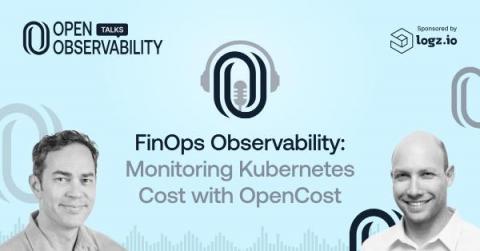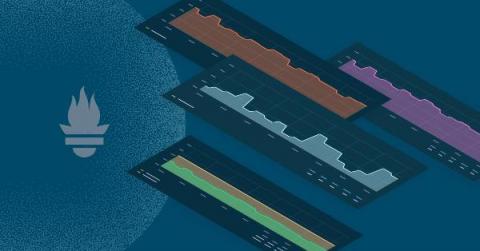How to Monitor Redis with Prometheus
The current popularity of Redis is well deserved; it’s one of the best caching engines available and it addresses numerous use cases – including distributed locking, geospatial indexing, rate limiting, and more. Redis is so widely used today that many major cloud providers, including The Big 3 — offer it as one of their managed services. In this article, we’ll look at how to monitor Redis performance using Prometheus, the similarly popular open-source monitoring system.






